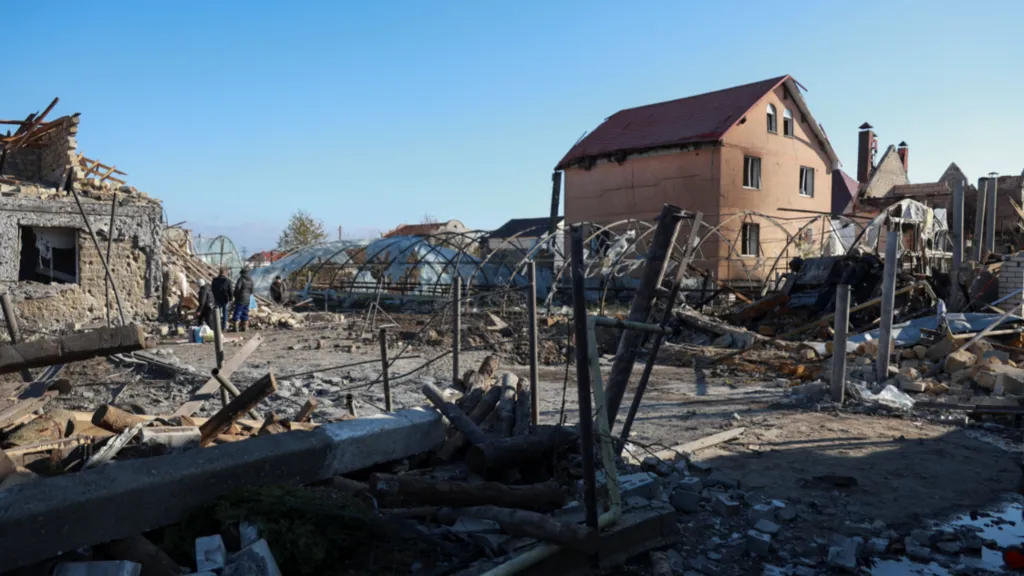
A devastating barrage of Russian missiles and drones rained down on Ukraine overnight, targeting critical infrastructure and causing widespread power outages across the country. The attack, one of the largest since the beginning of the war, resulted in at least 10 civilian deaths and significant damage to energy facilities.
Ukrainian President Volodymyr Zelensky confirmed the attacks, stating that peaceful cities and critical infrastructure were deliberately targeted. The assault, which involved an estimated 120 missiles and 90 drones, impacted multiple regions, including the capital Kyiv, as well as Donetsk, Lviv, and Odesa.
DTEK, Ukraine’s largest private energy company, reported “significant damage” to its thermal power plants, leading to widespread blackouts. Ukrenergo, the state-owned energy operator, announced it would implement emergency power restrictions across the country.
The attacks have raised concerns about Ukraine’s ability to maintain essential services as winter approaches. Ukrainian officials fear that Russia is deliberately attempting to cripple the country’s energy grid, creating a humanitarian crisis during the coldest months.
In the southern region of Odesa, Governor Oleh Kiper reported disruptions to heat and water supplies, although water service was gradually being restored. Hospitals and other critical infrastructure were relying on generators to maintain operations.
Mykolaiv, a city in the east, also came under attack. Despite the frequent bombardments, the region’s leader, Vitaliy Kim, expressed the resilience of the people and their determination to defend their homes.
In Kyiv, falling debris from intercepted missiles and drones caused damage in several areas, but no injuries were reported. This latest attack marks the eighth large-scale assault on Ukraine’s energy infrastructure this year, highlighting the ongoing vulnerability of civilian targets.
The attacks come amid uncertainty about the incoming US administration’s stance on the war in Ukraine. While the US has been a major supplier of military aid to Ukraine, there are concerns that the new administration may pressure Ukraine to negotiate an end to the conflict that favors Russia’s territorial gains.
Zelensky has expressed confidence that the war will end sooner under the new US presidency, while the Kremlin has welcomed signals of a potential shift in US policy. However, Russia has denied reports of a phone call in which the US President-elect allegedly warned the Russian president against escalating the conflict.
Meanwhile, German Chancellor Olaf Scholz defended his recent phone call with Russian President Vladimir Putin, despite criticism from Kyiv. Scholz emphasized that he urged Putin to end the war and reiterated Germany’s continued support for Ukraine.
As the war in Ukraine enters a new phase, the latest attacks underscore the ongoing humanitarian crisis and the challenges facing the country as it confronts Russian aggression. The international community remains deeply concerned about the escalating conflict and its impact on civilians.



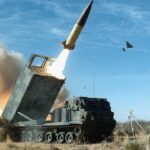
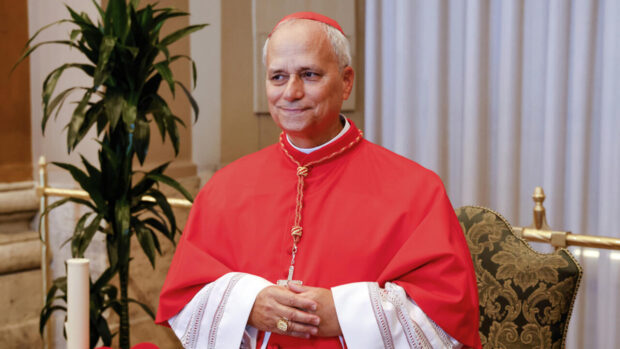
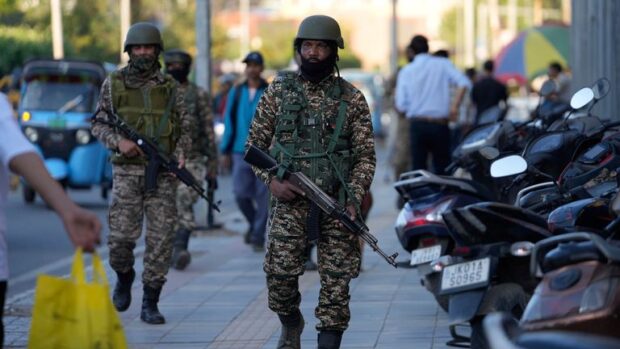





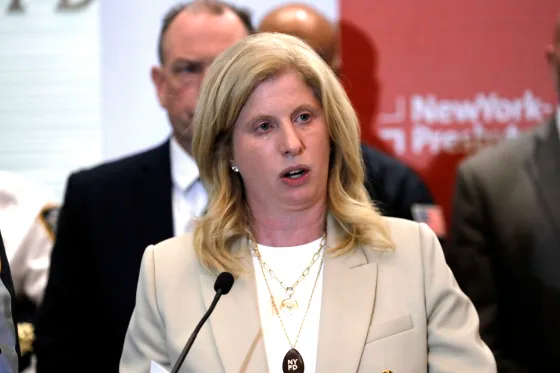
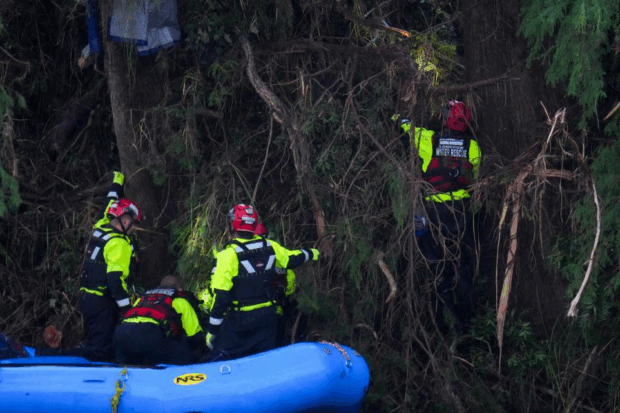


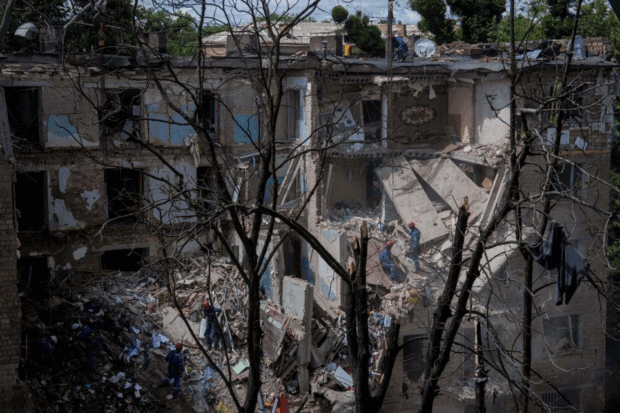
Be the first to leave a comment